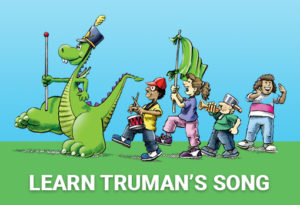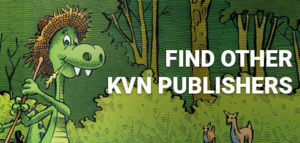Archaeologist
Tell me a little bit about yourself — some background information for our readers. My name is Joe Bagley, I am 29, and I am the City Archaeologist of Boston. My job is to preserve, protect and promote Boston’s historic and native archaeological sites. To date, we have more than 300 archaeological sites documented in Boston, and they span about 10,000 years of human history in the city. What is a typical workday like for you? I have three kinds of workdays. In city hall, I work at a desk reviewing construction projects on public and private land to see if folks need to do an archaeological dig before soil gets disturbed. At the city archaeology lab, located across town, I work with a team of volunteers to process more than 1,000,000 artifacts excavated on Boston sites and help researchers use these artifacts to find out information about the past. Finally, when we do digs, I supervise another team of volunteers working to help document the city’s history through archaeological digging. What does it take to become an archaeologist? Archaeology is a science and takes years of practice and study to become good at turning the “stuff” into “stories” of the past. That said, all of my digs and lab work are done with volunteers, and many have never done a dig before. As long as the person running the dig is experienced, most digs can be done by folks with little experience. I received a bachelor of arts in archaeology from Boston University, and I have my master’s degree in historical archaeology from the University of Massachusetts-Boston. When and why did you first become interested in archeology? I grew up in Maine and thought that archaeology was like looking through the woods with x-ray vision to see what stuff was underground or how the world used to look thousands of years ago. I was hoping that archaeology would be a good combination of science and discovery, which I wanted in my career, so I signed up for a dig in Maine one summer and loved it! That convinced me to follow archaeology at college. What is the hardest part of your job? The hardest part of my job is the summer when the weather starts to get nice and many of my archaeology friends are out surveying sites and I am in the office not quite ready to dig. Archaeologists want to be outside! I am currently planning a dig in Boston this summer, but all of the planning is done in the office. Soon I will be able to do some fieldwork. What is the best part of your job? The best part of my job is when we are out doing a dig and someone stops by to watch and they get to participate in the fieldwork and discovery. Watching people understand that archaeology is real discovery of history is exciting. Tell me about your most exciting dig. Our most exciting dig was behind a 1715 house in the North End. We were expecting the site to only be a few feet deep. At four feet down, we had recovered almost 40,000 artifacts in 10 small units 3×3 feet square. That’s an area the size of a small bathroom. Imagine having 40,000 pieces of anything in a bathroom! A year later we are still working through all of the artifacts to write the history of the house and the people who lived there. Tell me about your most exciting find. Our most exciting find was a 3,000-year-old Native American site on a Revolutionary War Training field. We knew there could be native artifacts on the park since it had never been developed, but we were all surprised to find it. It is always exciting to take a place where people think they know the entire story (the Revolutionary War happened here!) and add an entirely new aspect of the place (and a native camp was here thousands of years ago, too!) What are some interesting facts that most people don’t know about what an archeologist does. Many people think archaeologists study dinosaurs. Archaeologists only study people, specifically the “stuff” people leave behind. For me, a huge amount of what I do as an archaeologist is at the lab. Digging is where we collect our scientific data, but it is in the lab where we piece back together the history of what we find. It has taken nearly one year to do the lab work for the three-week-long dig we did in the North End of Boston. What is your favorite thing to do when you are not working? I am a live-in caretaker of a historic house in Boston. I spend many of my nights and weekends taking care of the property’s plants and landscape and really enjoy being outside and keeping my hands dirty. Where can kids find out more about archaeology? If you are interested in the archaeology of Boston, follow our Facebook page where we post real-time updates of our digs and lab work: facebook.com/bostonarchaeologyprogram. Is there something that you wish more people understood about history? If so, what is it? History is EVERYWHERE and can be extremely interesting and exciting, but sometimes you just need to dig a little deeper.





